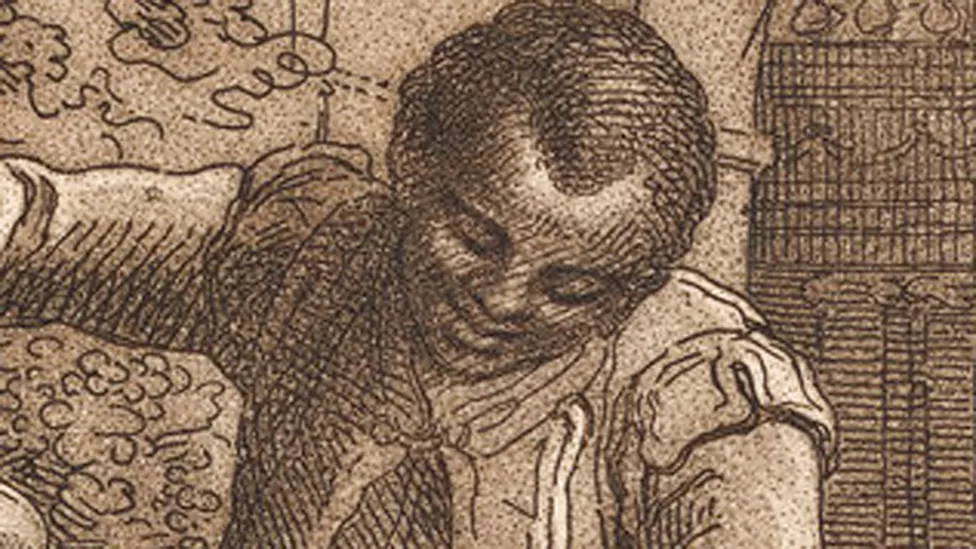Search
Recent Posts
- $88 trillion in debt and a wave of elections. Leaders are hamstrung.
- The wealth of the world’s five richest men more than doubled.
- New York synagogue with illegal tunnel receives emergency work
- Donald Trump turns his legal battles into campaign spectacle.
- Ronnie O’Sullivan calls Masters venue Alexandra Palace disgusting
Weather
Currency Converter
Exchange Rate
Exchange Rate USD: Wed, 2 Jul.
Categories
- Blogs (6)
- Business (792)
- Entertainment (556)
- National (507)
- Sports (522)
- Technology (481)
- World (841)

